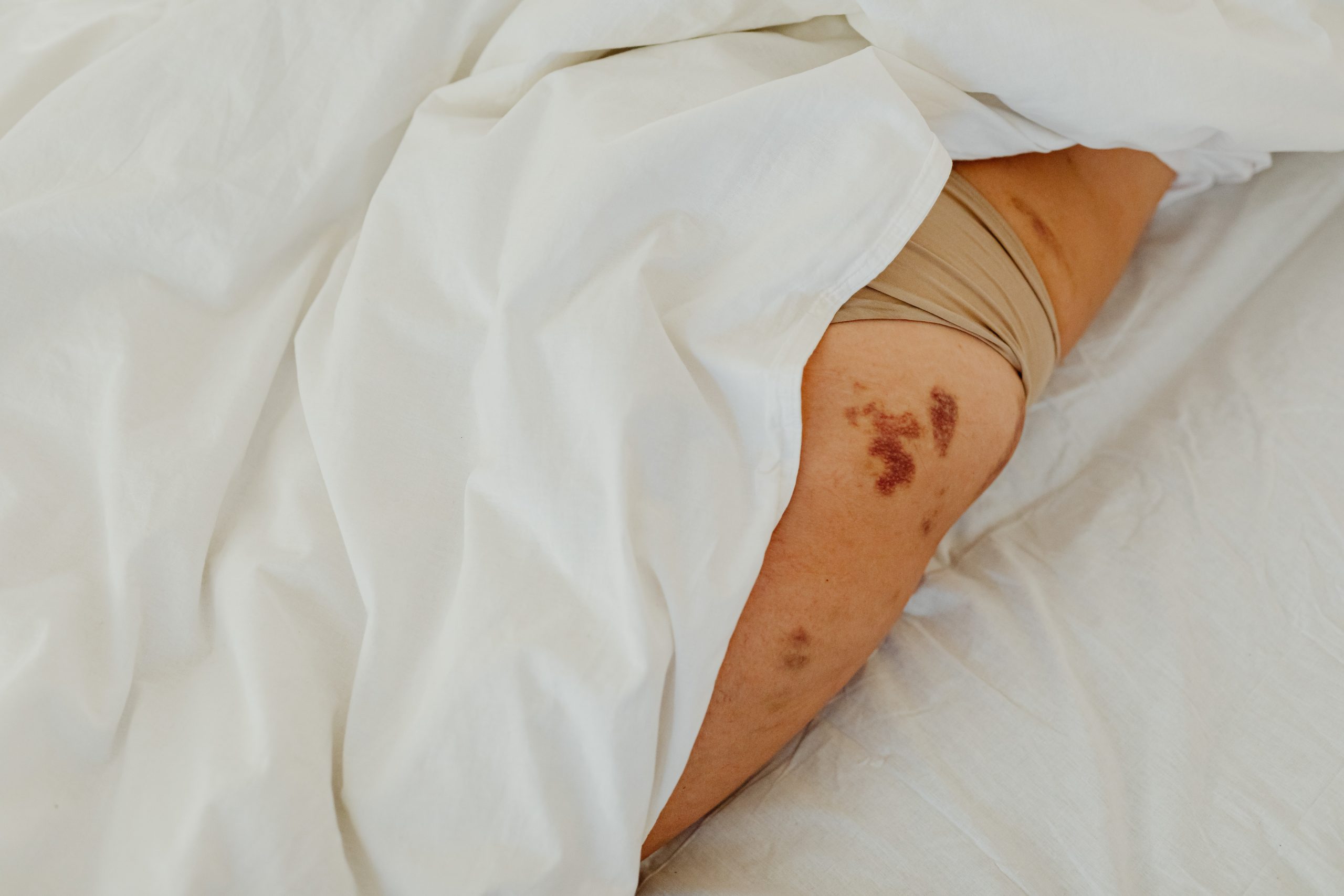If you are constantly stuffy, have itchy/watery eyes, and have headaches during the winter, you may suffer from winter allergies. Winter months may relieve those sensitive to weed, grass, or tree pollens, but year-round interior allergens can still create uncomfortable symptoms. Most people don’t think of allergies as something that happens in the winter, but they do.
We frequently spend more time indoors during these colder months with limited ventilation, which increases our exposure to indoor allergens, including mold, dust, roaches, and animal dander. It’s vital to be aware that allergies in winter do provide a few unique challenges. Knowing how to prevent or reduce triggers will help you feel your best throughout the winter.
Tips for preventing winter allergies
Winter allergies are a significant challenge because mild allergic reactions can exacerbate during the cold months. People usually turn up their heaters, which makes the interior air even drier, leading to dry noses, which increases the incidence of nosebleeds and skin cracking.
This also raises the risk of infection when someone’s nasal passages are already inflamed from allergies.
To reduce the chance of developing a subsequent viral infection, it is advisable to utilize nasal saline rinses. Allergies in winter may not be completely curable, but you may lessen exposure to allergens in your environment.
Here are some tips to help you cope with winter allergies:
1. Increase your ventilation: If you live in a warm climate or have central heating, consider opening the windows and doors of your home during the day when it is sunny outside, and the temperature is above freezing so that stale indoor air can escape.
This will allow fresh outdoor air to enter your home, reducing mold spores from accumulating indoors. You may also want to use an air cleaner to remove indoor allergens like dust mites and cockroach feces effectively.
2. Clean your home regularly: It is necessary to clean your home with an allergen-free vacuum cleaner, dust mop, and broom to remove dust mites from the carpets. Dust mites are microscopic (less than 1/1000th of a millimeter), but they can cause allergic reactions in humans if you have been exposed to them for long periods.
The best way to prevent them is by cleaning up as often as possible—once a week or more, depending on the size of your home.
3. Staying hydrated is extremely important: If you suffer from seasonal allergies, drinking enough water daily is very important. Drinking too much water can lead to a condition called hyponatremia (a low level of sodium in the blood). Water helps balance your body’s electrolytes, which are essential for maintaining normal brain function and nerve function during allergy season.
It is also important to avoid caffeinated drinks. The caffeine in these beverages can cause dehydration and interfere with your body’s ability to regulate water intake.
4. Keep Track Of Your Symptoms: Many people do not realize that many other health problems are associated with allergies in winter. If you have been suffering from seasonal allergies for an extended period, it is essential to track your symptoms to pinpoint the cause and take appropriate action.
If unaware, you may attribute the symptoms to other conditions, such as sinusitis or a cold. If you suspect experiencing these symptoms, take your temperature with a digital thermometer before taking an over-the-counter medication.
5. Avoid Allergens: If your home is not dust-free, consider purchasing an allergen-free vacuum cleaner that can be used on carpets and upholstery. Other things that should be avoided if you suffer from seasonal allergies include pets, cigarette smoke, perfumes, cleaning products (primarily ammonia-based), air fresheners, and scented candles.
Over general carpet cleaning, allergists frequently recommend cleaning your home with a vapor steam cleaner because it can remove dust, mold, and mildew that often cause allergic reactions.
6. Change The Way You Eat: If you suffer from seasonal allergies, avoiding food allergens and other substances that can trigger an allergic reaction is essential. Avoid allergen-containing foods such as peanuts, tree nuts, fish, shellfish, and wheat. If you are unsure about these foods, consult a doctor before eating them.
It is also essential to make sure you’re eating enough food. Your body needs adequate nutrition to function correctly, and if you’re not eating enough, your body will break down its tissues to provide nutrients. This can lead to health problems such as fatigue and poor sleep.
7. Be Consistent With Your Medication: If you frequently suffer from seasonal allergies and your doctor has prescribed a medication that contains an antihistamine, then it is essential to use the medicine consistently.
If you don’t take medicine daily as your doctor instructed, symptoms may return. It is necessary to take the medication as prescribed by your doctor because a severe allergic reaction can occur if you don’t.
8. Use an air purifier: Consider purchasing an air purifier to maintain the health of your home. If someone has asthma or other breathing issues, they should avoid exposure to the allergens in their home, and a purifier can help them with that.
The air you breathe is the most critical factor in your health. If you are suffering from allergies, it is essential to maintain a hygienic and healthy environment for yourself and those around you.
9. Get Plenty of Sleep: If your body is under chronic stress due to the symptoms of seasonal allergies or other conditions, then it is crucial to get adequate sleep. The symptoms of seasonal allergies are usually worse in the evenings, and you may be more likely to react if you don’t get enough sleep.
10. Avoid Stress: If your body is under chronic stress due to the symptoms of seasonal allergies or other conditions, it is vital to reduce the amount of stress you experience daily. Stress also causes the release of hormones that can cause inflammation in your body.
Chronic stressors such as seasonal allergies, obesity, and depression also increase cortisol levels in your body.
Conclusion
If you are suffering from seasonal allergies and have not been able to find relief, it is time for a change. There is no need to suffer in silence when there are natural remedies that can help you get rid of your symptoms.
Avoiding these factors will help you maintain a healthy lifestyle and ensure you can live a long, healthy, and happy life. It is essential to check your health, and if you notice signs of seasonal allergies, you must visit your doctor as soon as possible.




